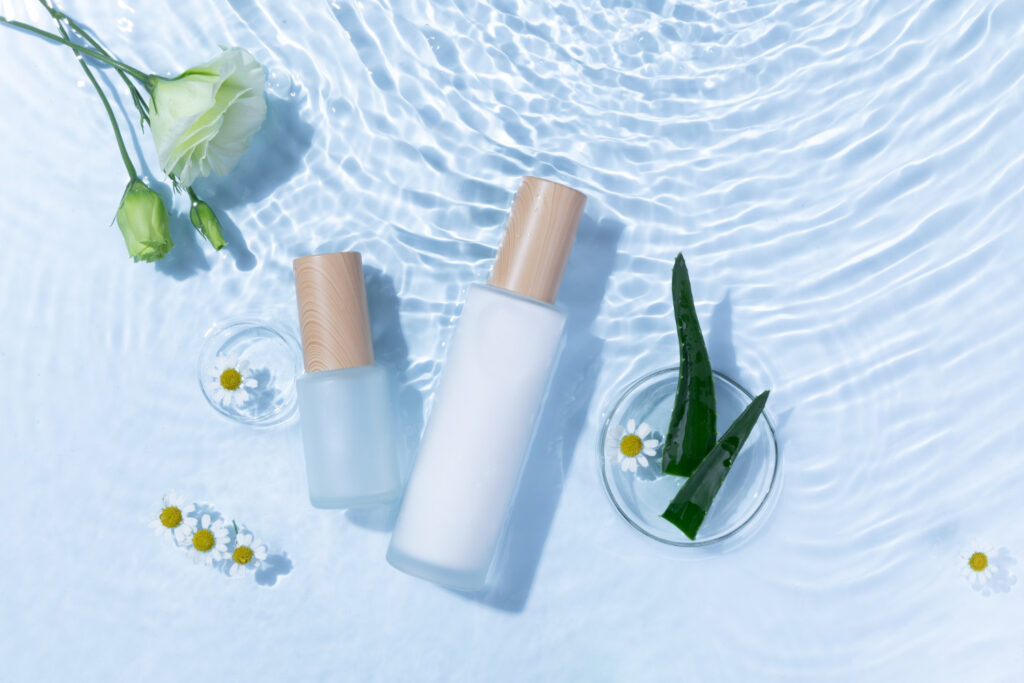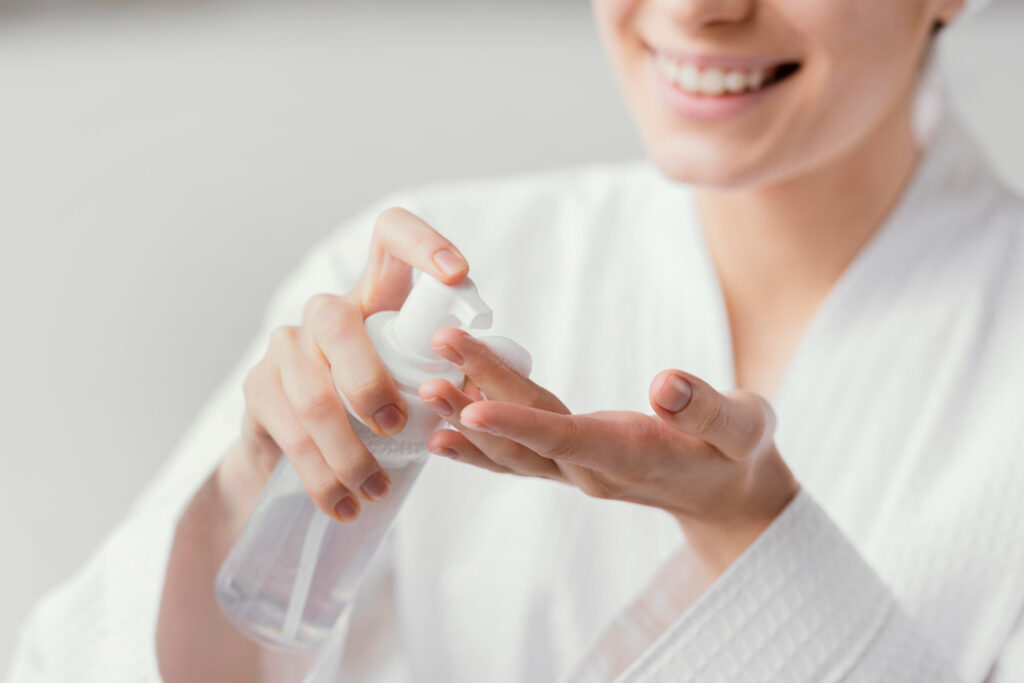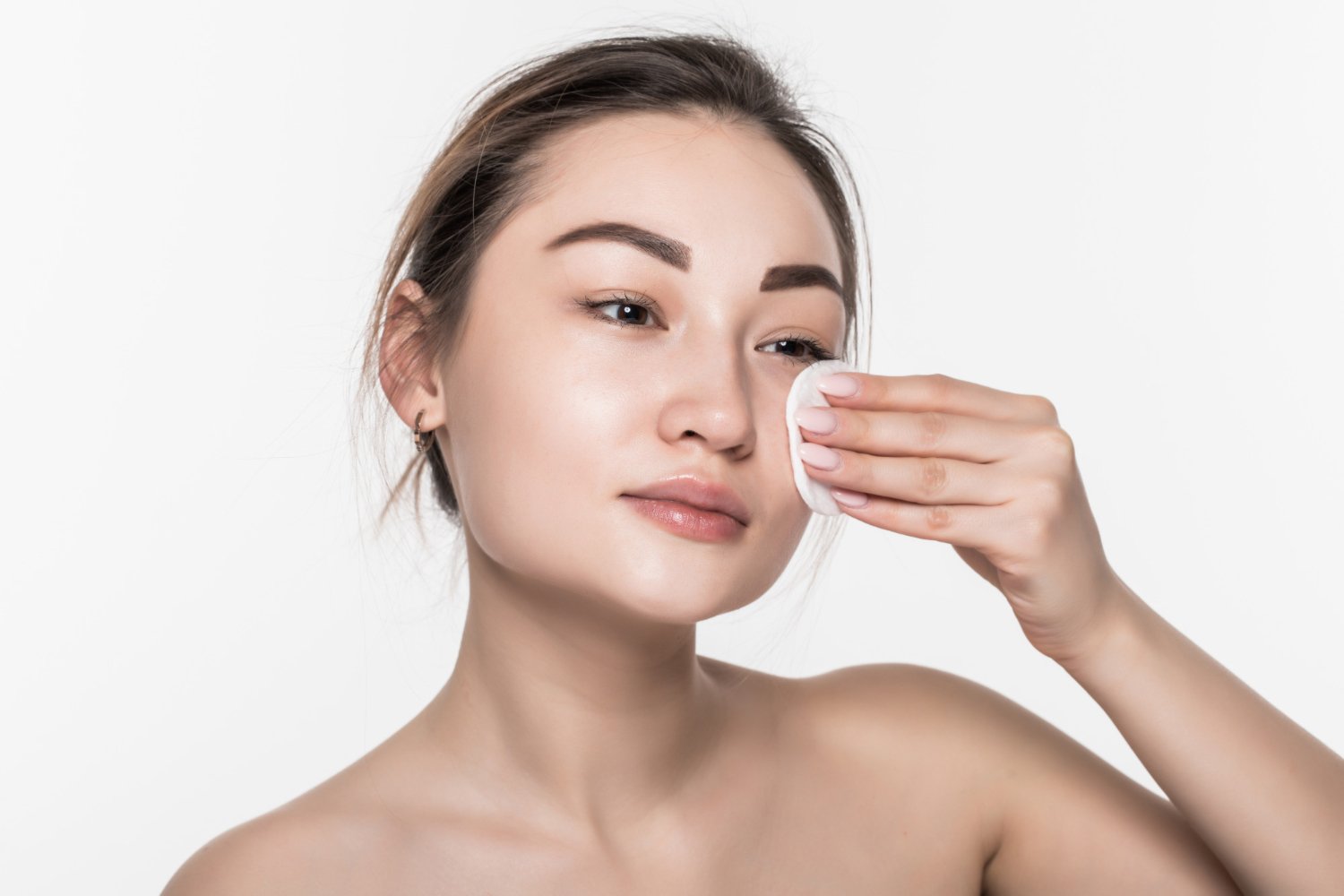Every day, our skin faces a multitude of challenges, from environmental pollutants and UV rays to sweat and dirt buildup. As the largest organ of the body, the skin acts as a primary line of defense, which makes regular and proper cleansing an integral part of maintaining skin health. However, many individuals unknowingly commit some common mistakes while cleansing their skin. This article aims to identify these errors and provide guidance on how to correct them for healthy, glowing skin.
The Importance of Skin Type Knowledge
Before delving into the specific mistakes, it’s essential to highlight the importance of knowing your skin type. Skin types generally fall into five categories: normal, dry, oily, combination, and sensitive. Each type has specific characteristics and, consequently, unique needs.
Understanding your skin type is the first step in effective skin cleansing because it dictates what products and routines will work best for your skin. For example, if you have oily skin and use products designed for dry skin, you may end up over-moisturizing and causing breakouts. Conversely, if you have dry skin and use products intended for oily skin, you may strip your skin of its natural oils, leading to flakiness and irritation. To determine your skin type, consult with a dermatologist or conduct a self-test at home by observing your skin’s behavior and characteristics.

Common Cleansing Mistakes
Now that we’ve understood the importance of skin type, let’s dive into some common skin cleansing mistakes and how to avoid them.
- Over-cleansing: While it’s important to keep your skin clean, overdoing it can lead to problems. Over-cleansing can strip your skin of its natural oils, leading to dryness, irritation, and even prompting your skin to produce more oil as compensation. As a rule, cleanse your face twice a day, in the morning and at night, and after heavy sweating.
- Using wrong products: As we’ve covered in the previous section, not all skin types require the same products. Always choose a cleanser designed for your specific skin type and pay attention to how your skin reacts to it.
- Not removing makeup before cleansing: Skipping makeup removal before washing your face can leave traces of makeup, preventing your cleanser from effectively doing its job. Always use a makeup remover or micellar water before cleansing.
- Ignoring the temperature of the water: Hot water might feel soothing, but it can strip your skin of its natural oils and cause dryness and irritation. On the other hand, cold water won’t effectively remove dirt and excess oil. Always use lukewarm water for cleansing.
- Scrubbing too hard: While you might think that the harder you scrub, the cleaner your skin will be, the truth is that harsh scrubbing can lead to skin damage. Gentle, circular motions are sufficient to cleanse your skin effectively.
- Not moisturizing after cleansing: Cleansing can leave your skin a bit dry, which makes it important to follow up with a moisturizer to replenish hydration and lock in moisture.
Wrong Product Ingredients and their Effects
Some common ingredients in cleansing products can do more harm than good. For instance, sulfates, commonly used to create a foaming effect, can be too harsh for some skin types, leading to dryness and irritation. Similarly, artificial fragrances can trigger allergic reactions, especially in sensitive skin.
Choose skin cleansers with natural ingredients when possible. Ingredients like chamomile, aloe vera, green tea, and honey are gentle on the skin and offer additional benefits such as soothing irritation, providing antioxidants, and promoting hydration.

Skincare Routine and Cleansing
Skin cleansing is only one part of a comprehensive skincare routine. The ideal time for cleansing is in the morning to remove any sweat and oil buildup from the night and at night to wash off the day’s dirt and makeup.
Exfoliation is another key component that often goes overlooked. Regular exfoliation (1-2 times a week for most skin types) helps remove dead skin cells and unclog pores, aiding in better absorption of skincare products. However, over-exfoliation can lead to skin damage, so moderation is key.
Furthermore, external factors like diet, sleep, and stress can impact your skin health. A balanced diet, adequate rest, and stress management techniques can significantly contribute to better skin.
Conclusion
In conclusion, proper skin cleansing involves much more than merely washing your face. It requires an understanding of your skin type, selecting appropriate products, using correct techniques, and maintaining a comprehensive skincare routine. By avoiding the common mistakes outlined in this article, you can ensure that your skin remains clean, healthy, and radiant.




